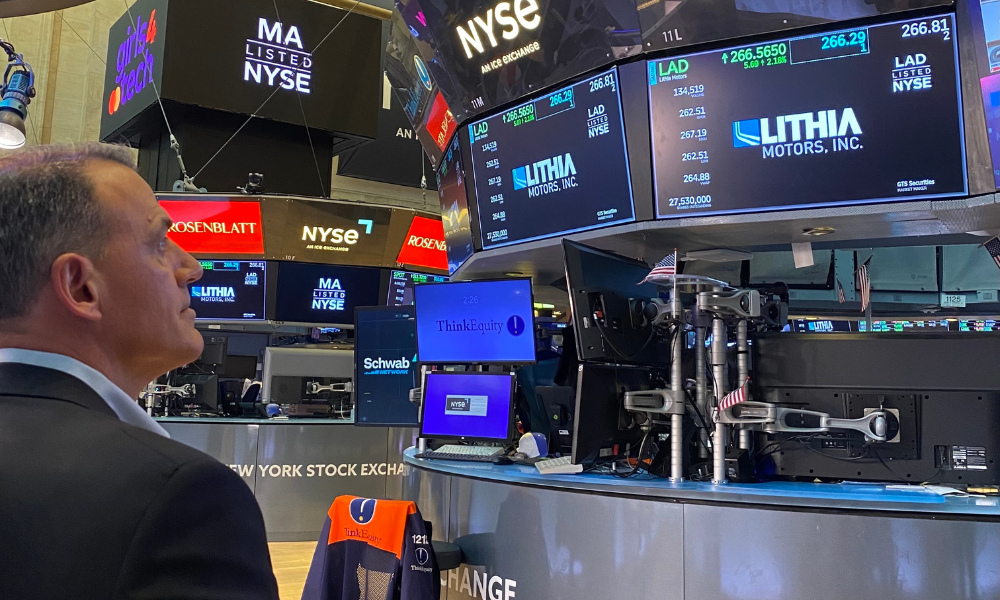

Distressed investing stands out as a unique and often misunderstood segment of the financial markets, characterized by its focus on companies experiencing significant financial difficulties. George Schultze, founder and managing member of Schultze Asset Management, LP, explains that these companies are typically navigating turbulent events such as bankruptcy filings, missed bond payments, or restructuring efforts.
"Distressed investing generally is one of the last remaining parts of the markets where you can find inefficient pricing,” Schultze says. “It also involves looking at companies, not just as their stocks go up and down, but examining their entire capital structure. It might be anywhere from the bank debt that they may have issued, to the bonds that they have outstanding or even preferred shares or common stock down below—and perhaps you can add position to benefit from arbitrage valuation pricing between those securities.”
And, for individual investors interested in distressed investing, financial advisors play a crucial role. Schultze suggests that while distressed investing is typically accessible to ultra-high-net-worth individuals through private banking or hedge funds, more financial advisors are beginning to offer advanced investment approaches to a broader audience.
The landscape of distressed investing has evolved significantly over the past few decades, driven by changes in the fixed-income market and broader economic conditions. Schultze, reflecting on his 26 years in the business, notes how the market shifted from periods of normal interest rates to near-zero rates, and back again to more normalized levels today.
"I started in an environment where you had bank lenders who would make loans and then hold the loans in their portfolios – but those institutions have become more and more disintermediated recently,” he adds.
The rise of collateralized loan obligations (CLOs) and collateralized debt obligations (CDOs) has led to a situation where the original lenders often have little interest in the outcomes of the loans post-issuance. This disintermediation has changed the types of buyers in the market, creating challenges such as declining recovery rates and increased inter-creditor conflicts, sometimes referred to as “inter-creditor violence.”
Schultze points out that these developments necessitate experience and a legal perspective when investing in distressed securities, given the potential for unexpected outcomes due to poor underwriting standards and legal disputes between creditors.
“Sometimes there's even inter-creditor fighting, and you're getting unexpected results that investors may not have anticipated with all this change."
And the current economic climate, marked by rising interest rates, has made distressed investing an increasingly attractive opportunity. Schultze says that the available opportunity in distressed investing is “skyrocketing,” driven by the normalization of interest rates and the increased cost of servicing debt for over-leveraged companies.

Relationships are key to our business but advisors are often slow to engage in specific activities designed to foster them.

Whichever path you go down, act now while you're still in control.

Pro-bitcoin professionals, however, say the cryptocurrency has ushered in change.

“LPL has evolved significantly over the last decade and still wants to scale up,” says one industry executive.

Survey findings from the Nationwide Retirement Institute offers pearls of planning wisdom from 60- to 65-year-olds, as well as insights into concerns.
Streamline your outreach with Aidentified's AI-driven solutions
This season’s market volatility: Positioning for rate relief, income growth and the AI rebound
